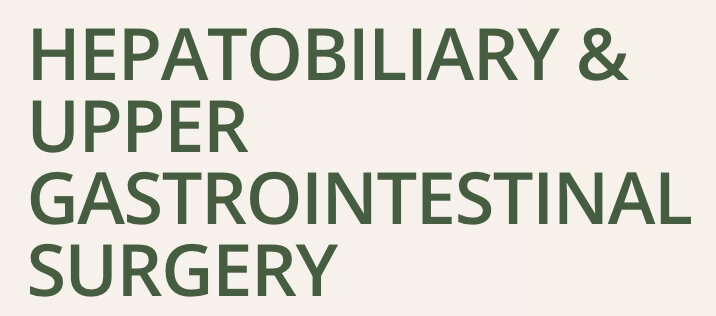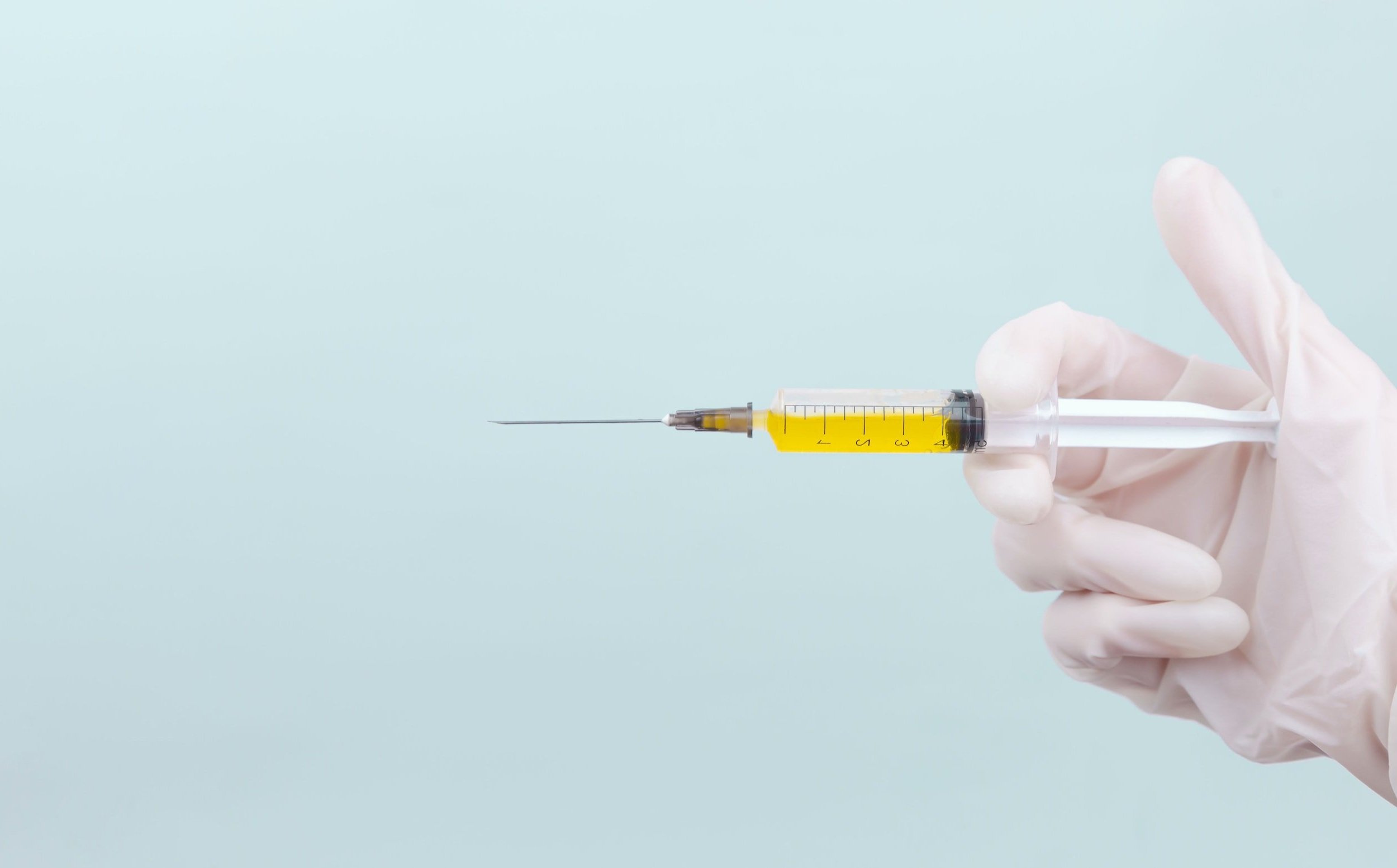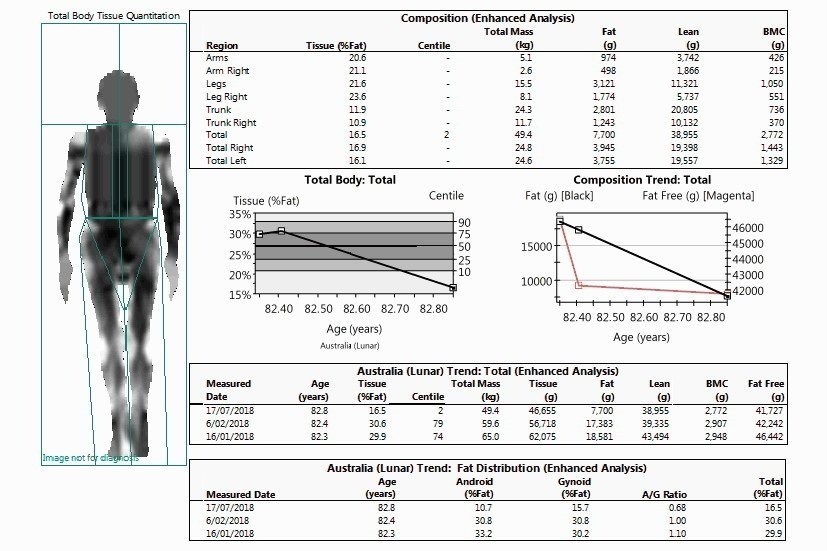
Support our research.
If you would like to contribute in helping us grow in our research activities, your kind donation to the HOPE Fund would be most welcome.
Clinical Trials
Recent studies over the years show that bed-rest after surgery may not be the best remedy after all. In this study, we investigate the effects of an in hospital high-intensity interval training (HIIT) program immediately on patients undergoing major foregut cancer surgery.
The standard of care for insufflation during keyhole or abdominal surgery is room temperature carbon dioxide which can result in post-operative pain and hypothermia. Evidence suggests that the use of warm and humidified CO2 may help to mitigate these effects by providing a more physiologically normal environment.
Do Synbiotics Reduce Infections in Foregut Surgery?
Synbiotics are a combination of probiotics, types of 'good' bacteria, and prebiotics, non-digestible fibres the good bacteria use as food. Ingesting synbiotics increases the number of good bacteria in the gut, leading to several health benefits, including improvements in that persons' immune system, ability to absorb nutrients, gastrointestinal health and function. We set out to investigate if synbiotics can reduce the rate of infections after major foregut surgery.
Botox as an Adjunct in the Repair on Large Ventral Hernia
Large abdominal hernias can become painful and debilitating, preventing people from walking or completing normal activities. Abdominal hernias can be repaired with surgery but, in the case of large hernias, the recurrence rate is up to 25% due to a variety of factors. The cosmetic injectable Botox has emerged as a promising adjunct in the repair of large abdominal hernias. It works by paralysing targeted abdominal muscles to minimise the pulling forces on the hernia repair. We think this will allow for improved surgical recovery, a reduction on postoperative pain and a reduction in the rate of hernia recurrence.
Clinical Studies
Artificial intelligence technology is rapidly progressing and has growing application in medicine and surgery. In this project, we are investigating and developing methods to improve the safety of laparoscopic gallbladder surgery through the use of artificial intelligence and machine learning technology.
A Prospective Pilot Study of Body Composition in Gastric and Oesophageal Cancers
Cancers of the stomach and oesophagus are usually associated with severe malnutrition due to dysphagia. The prevalence of sarcopenia (loss of skeletal muscle mass and strength) are not well known. This study investigates impact of surgery on body composition of upper gastrointestinal cancer patients by Dual Energy X-ray Absorptiometry (DEXA).
Does Peritoneal Cytology Volume Matter During Upper Gastrointestinal Cancer Staging?
Cancers of the stomach and oesophagus are known to spread rapidly to surrounding lymph nodes and to the peritoneal cavity. Staging laparoscopy combined with peritoneal washings can detect advanced disease that may not be apparent on other investigations. Currently, there is no standardised techique used in peritoneal washing to determine an optimal detection rate.
Water-Soluble Vitamin Deficiencies Following Laparoscopic Single-Anastomosis Gastric Bypass
Single-Anastomosis Gastric Bypass is a relatively new weight loss procedure and induces weight loss by both restriction and malabsorption. Nutritient deficiencies is a problem after weight loss surgery. Specifically, water soluble vitamins including the B-complex group and vitamin C that cannot be synthesized by the body and ingested through food.
A Prospective Pilot Study of Body Composition Assessment in Bariatric Patients
Bariatric surgery for weight loss is highly effective and can result in up to 50% loss of excess weight. The immediate and longer-term effects on body composition are not well known, specifically for lean body mass and bone mineral density.
Cancer Registries
Intraductal Papillary Mucinous Neoplasm (IPMN) - Australian Pancreatic Cyst Registry (MAPS Registry)
Oesophageal and Gastric Quality Assurance Database
Liver and Biliary Resection Quality Assurance Database
Pancreas and Ampullary Resection Quality Assurance Database
Collaborations
Novel Avenues for Malaria Intervention Using the Liver Stage of Plasmodium Infection - Associate Professor Justin Boddey at Walter and Eliza Hall Institute of Medical Research
Establishing a Biobank of Pancreatic Cancer Models for the Pursuit of Personalised Therapies - Professor Peter Gibbs at Walter and Eliza Hall Institute of Medical Research
Improving Outcomes in Gastro-Oesophageal Cancer - Associate Professor Nicholas Clemons at Peter MacCallum Cancer Centre
An unintended but common outcome of weight loss surgeries is a reduced preference for sweet and fatty foods and a change in alcohol drinking habits. One theory involves changes to taste receptors present along the digestive tract. We aim to determine whether weight loss surgeries trigger changes to these taste receptors and whether this is related to the change in food preference and weight seen after surgery.
Artificial Intelligence based Predictive Biomarker to Predict Response to Chemotherapy in Oesophageal Adenocarcinoma
Current treatment regimens for oesophageal adenocarcinoma follow a one-size-fits-all approach with two-thirds of patients receiving toxic chemotherapy and radiotherapy prior to their surgery without clear benefit or evidence of cancer shrinkage or response. We are using cutting edge artificial intelligence technology to analyse biopsy specimens to allow us to determine which patients will have a treatment response to chemotherapy and radiotherapy. This is a novel and exciting application of artificial intelligence technology that has great potential in the development of personalised or tailored treatment for patients with oesophageal cancer.












